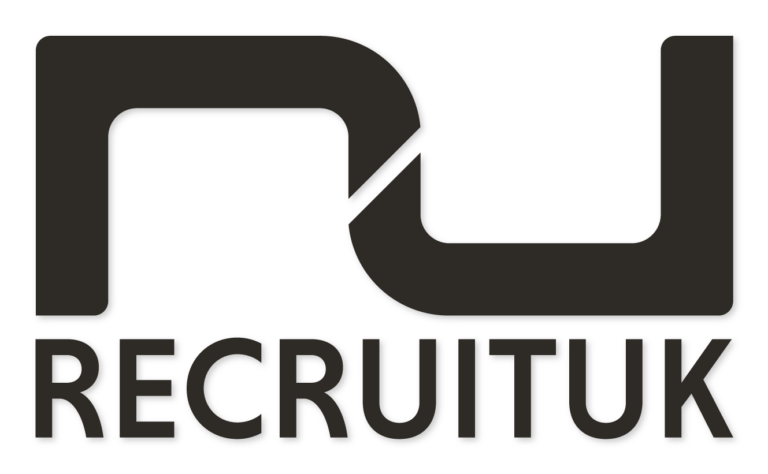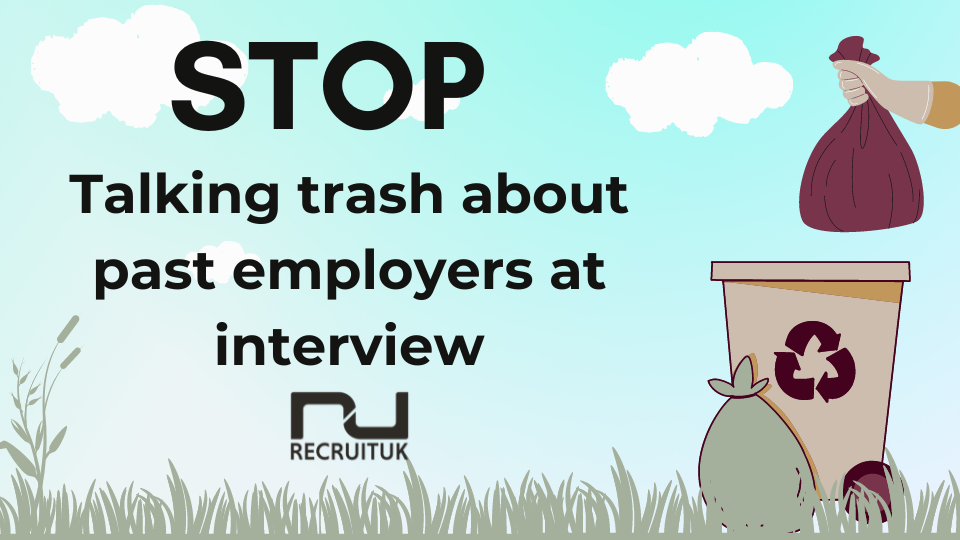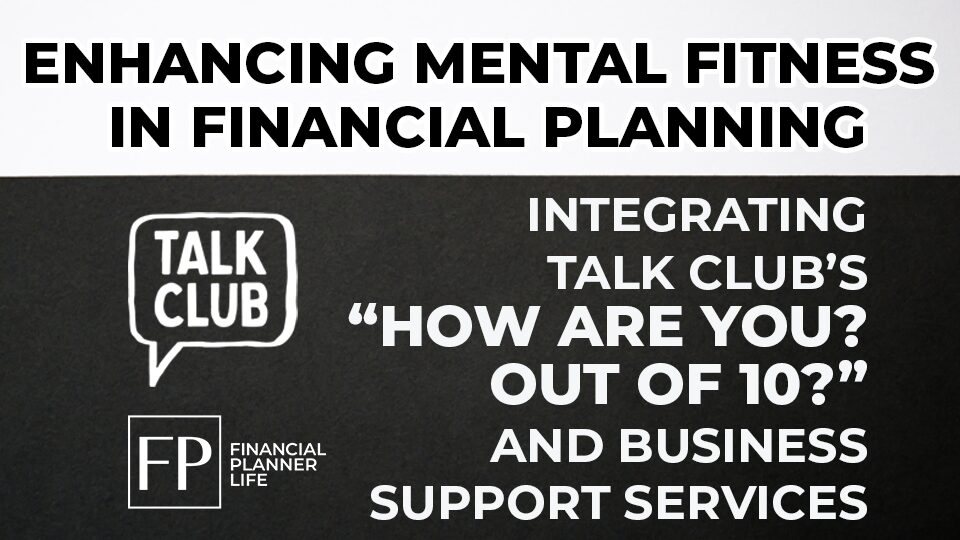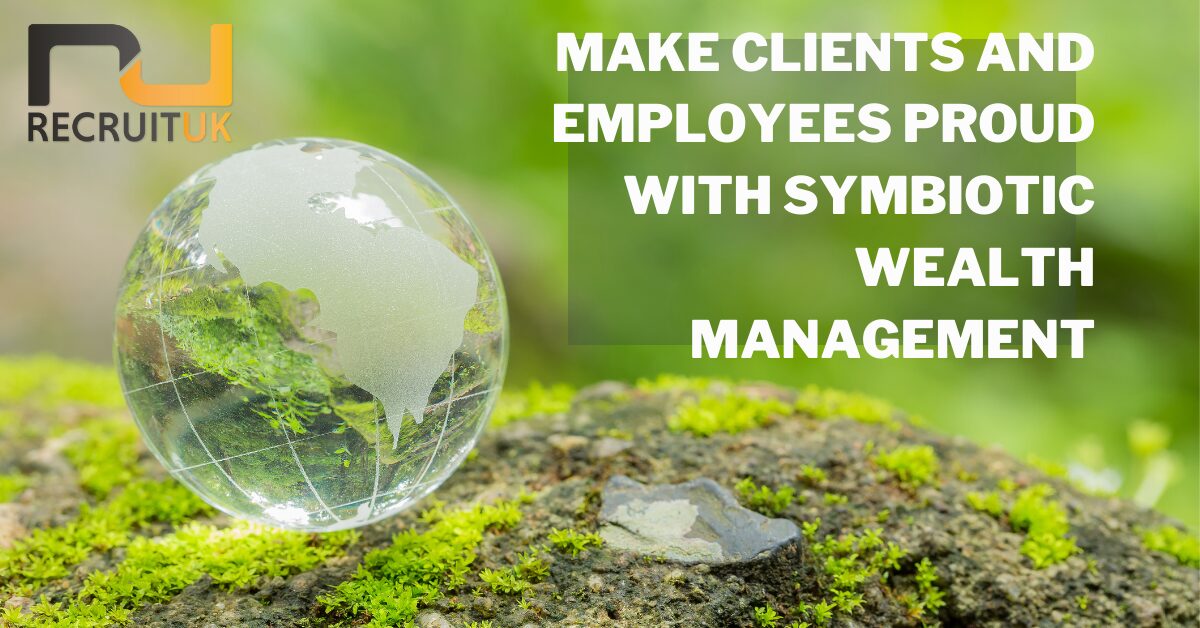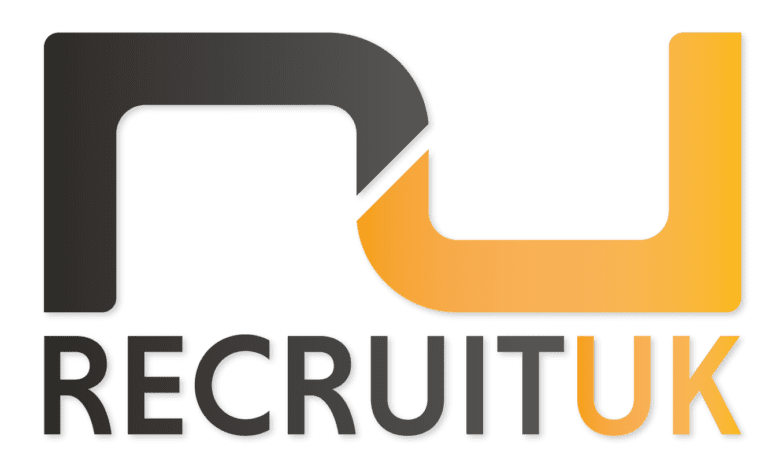Even when you’re building rapport with your interviewer, it’s important to remember that you could be walking a fine line when speaking badly of your previous employers.
Don’t leave a bad taste in the interviewer’s mouth and have them question any of the following:
Spiteful behaviour
Employers may assume that if you’re speaking negatively about your previous employer, you could also be responsible for some of the issues or conflicts you’re describing. Instead of taking responsibility or showing a willingness to learn from past experiences, blaming others can raise red flags.
Team dynamic
Employers are also evaluating whether you’ll be a good fit for their company culture. Speaking negatively about a previous employer can raise concerns about how you’ll fit into their organisation and how you’ll interact with colleagues and superiors.
Over the top
Constantly criticising previous employers might come across as exaggerated or over the top. It may seem like you’re amplifying minor issues or blowing them out of proportion, which could raise doubts about your credibility and judgment. You don’t want to make your potential employers think you can’t take constructive criticism!!
Professionalism
It reflects poorly on your professionalism and maturity. Employers want to hire individuals who handle challenges and conflicts with grace and professionalism. Speaking negatively about a previous employer may suggest that you struggle with interpersonal relationships or have difficulty resolving conflicts constructively.
Here are some tips to help navigate those trickier questions…
- “While there were certainly challenges at [previous company], I viewed them as opportunities for growth and development. For example, I encountered a situation where [describe challenge], and I was able to successfully navigate it by [describe resolution or lesson learned].”
- “While every workplace has its challenges, I prefer to focus on the positive aspects of my experience at [previous company]. I believe that maintaining professionalism and objectivity is essential, even in challenging situations.”
- “I’m grateful for the opportunities I had at [previous company] and for the mentorship I received from my colleagues and supervisors. Their support played a crucial role in my professional development and helped me achieve success in my role.”
- “During my time at [previous company], I took on [specific role or responsibility] and was able to make significant contributions to [specific project or achievement]. For example, I [describe accomplishment] which positively impacted [describe outcome].”
Hopefully, this will give you some inspiration in order to answer those trickier questions with professionalism and confidence.
Follow for more tips, or sign up for our Ultimate Interview Guide here.
